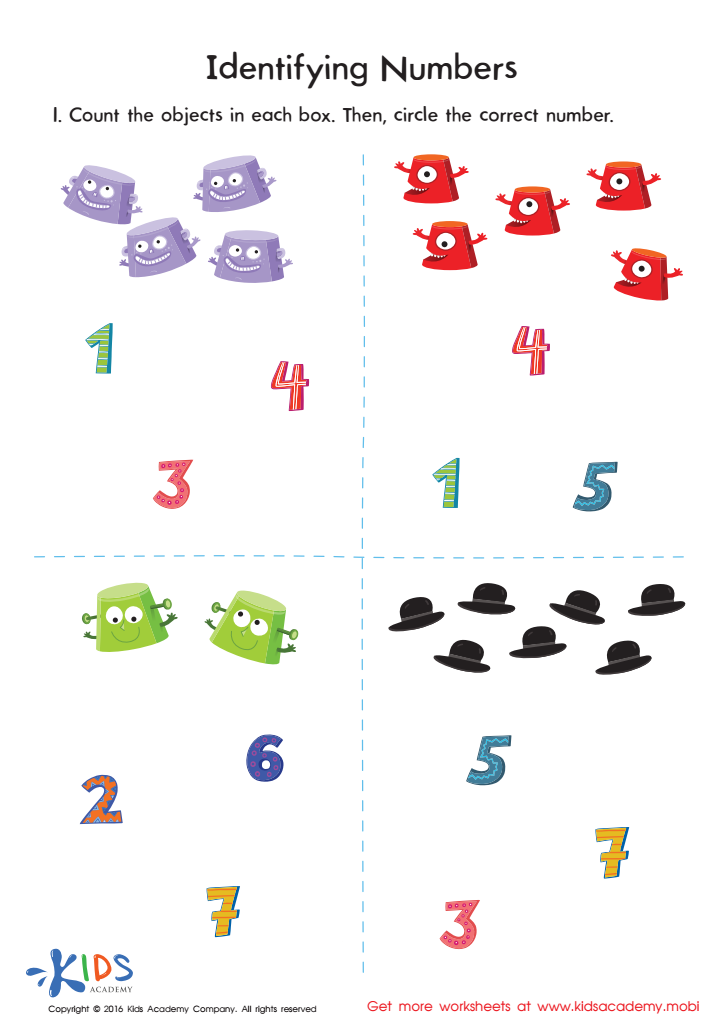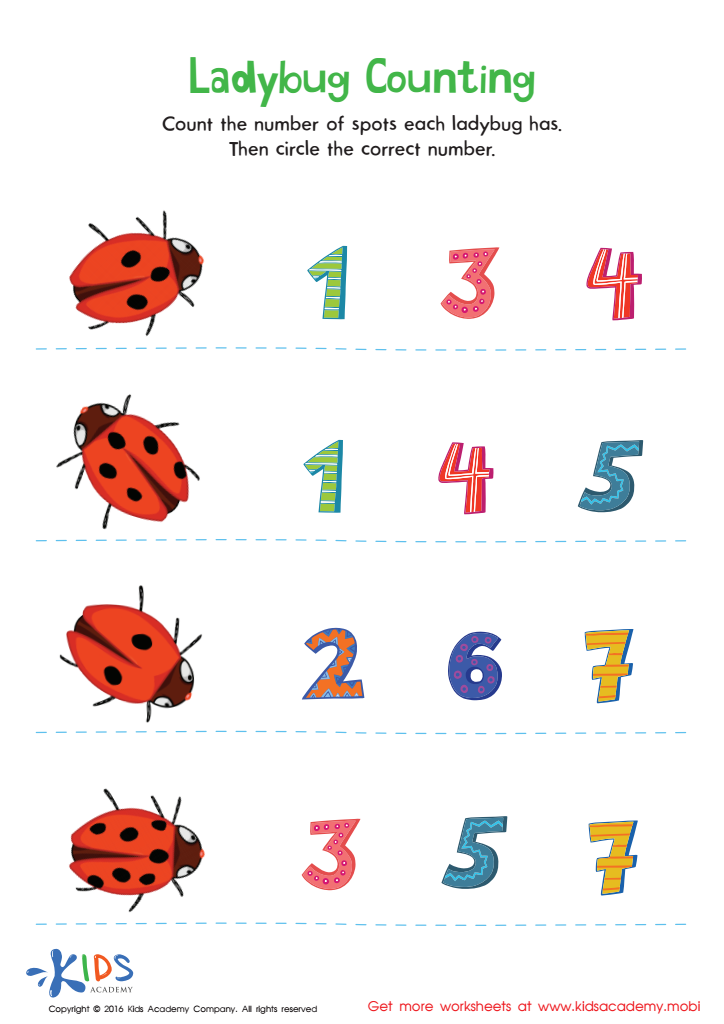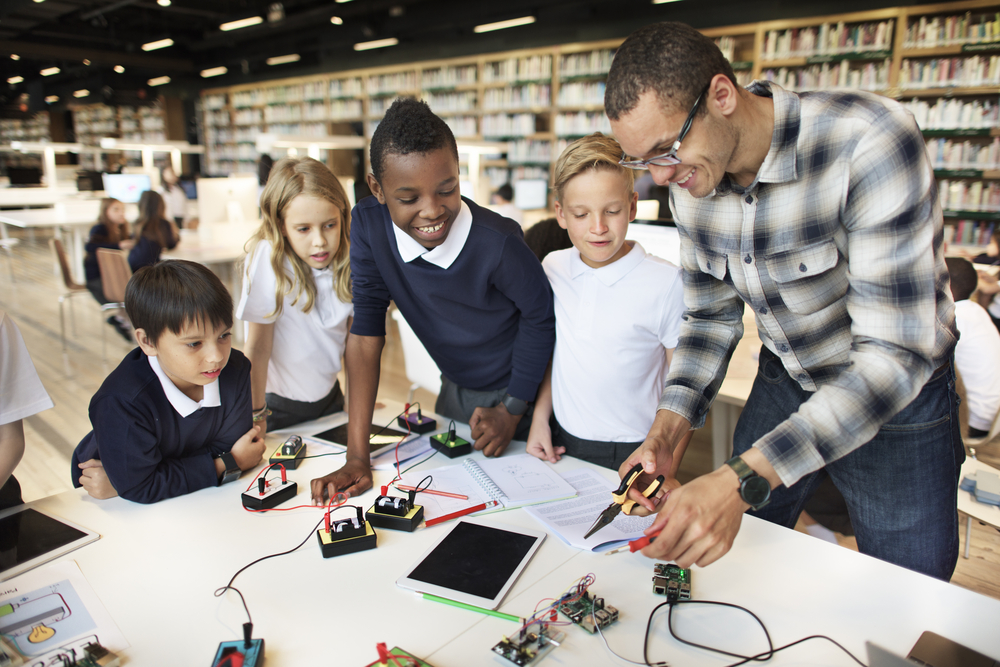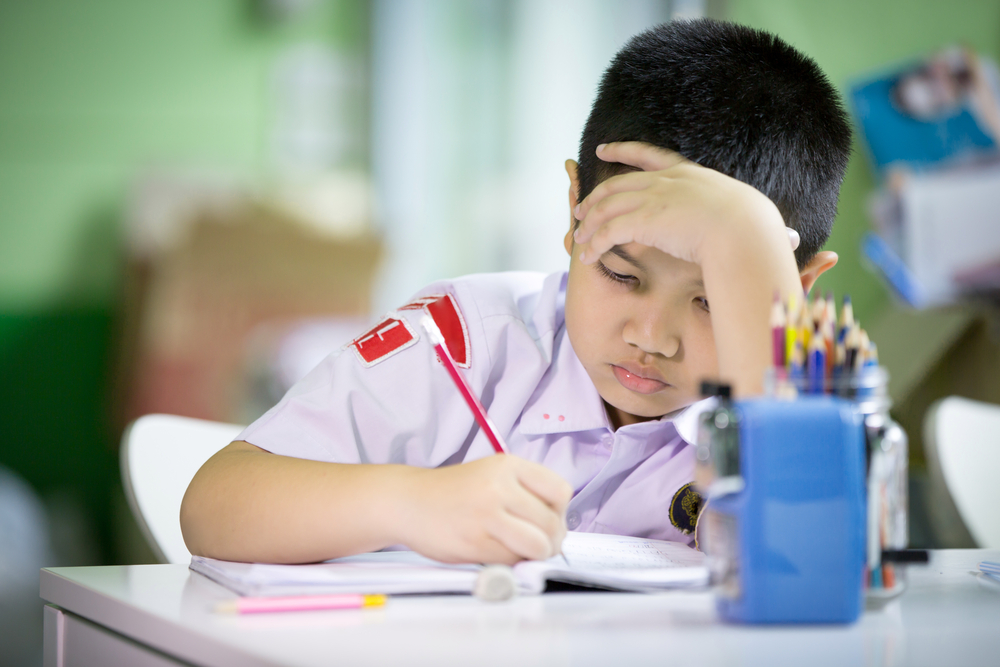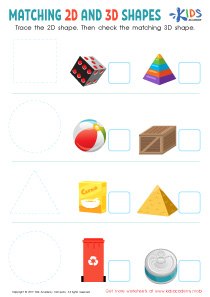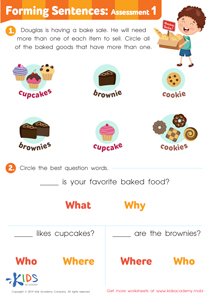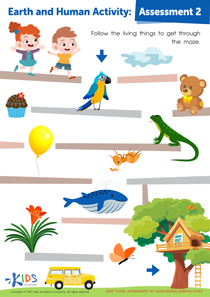Extra Challenge Logical Thinking worksheets activities for Kindergarten
25 filtered results
-
From - To
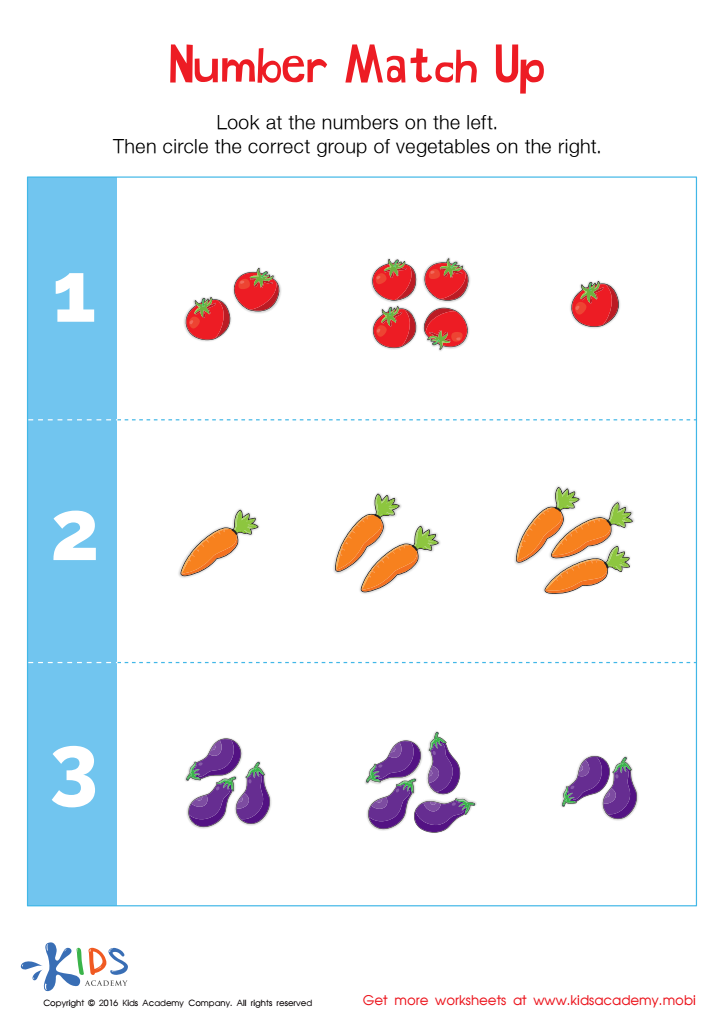

Number Match Up Worksheet
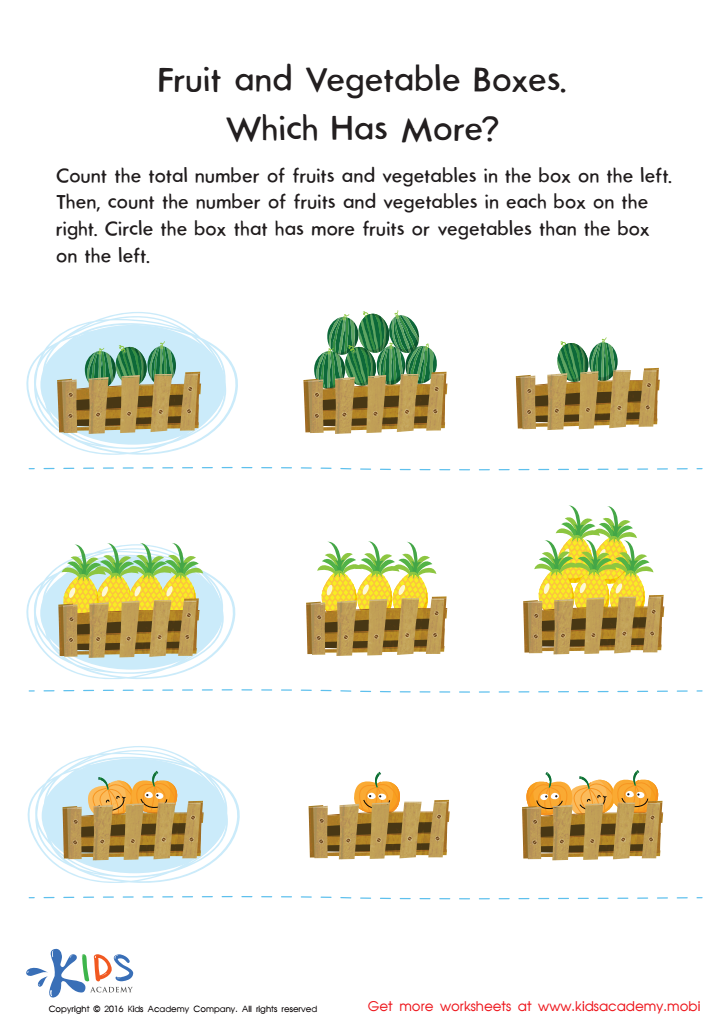

Which Has More? Size Worksheet
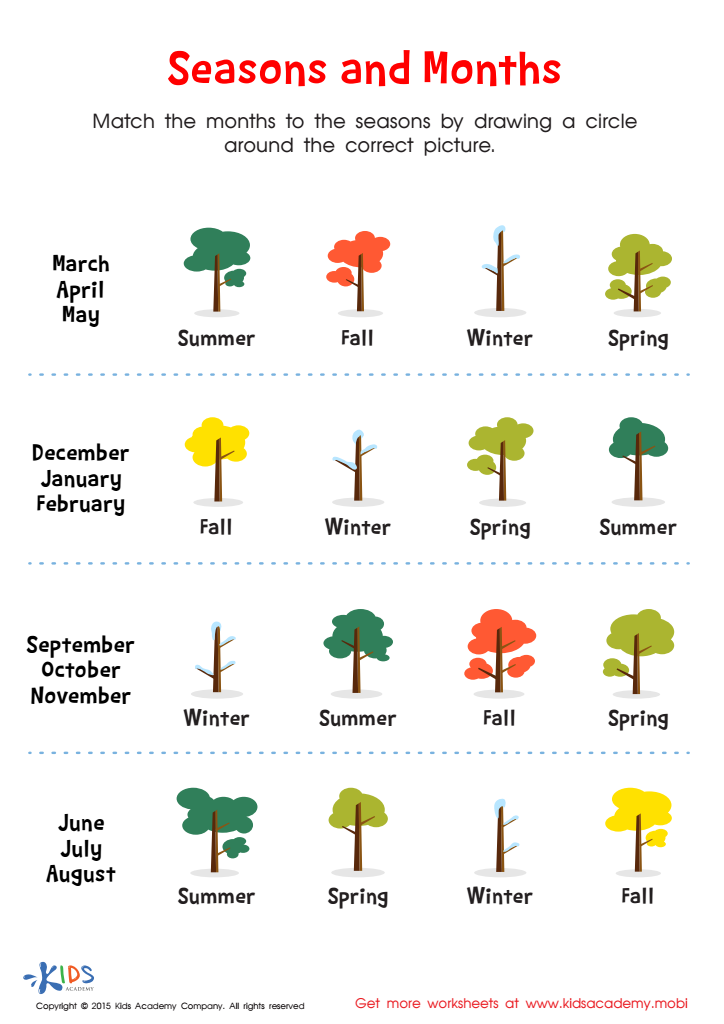

Seasons and Months Worksheet
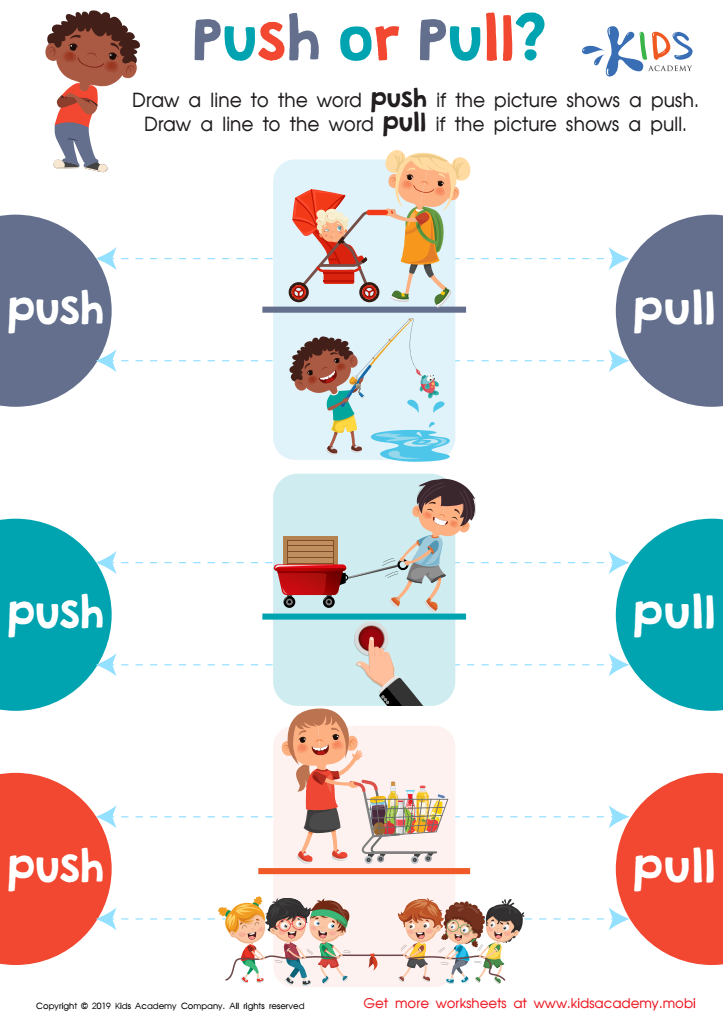

Push or Pull? Worksheet
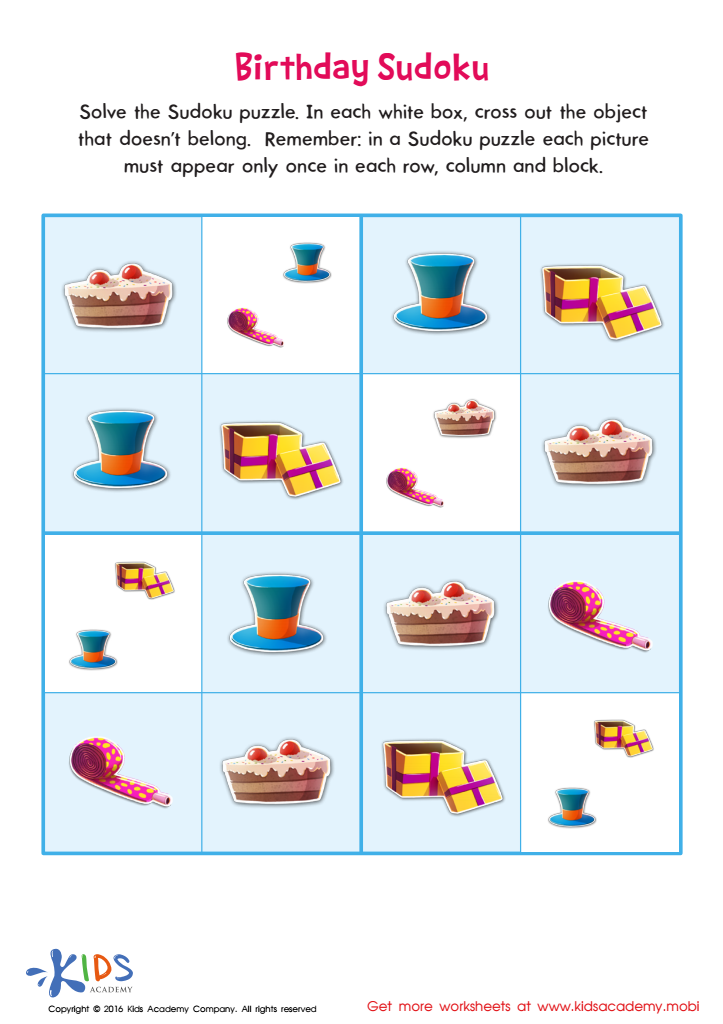

Birthday Sudoku Sorting Worksheet
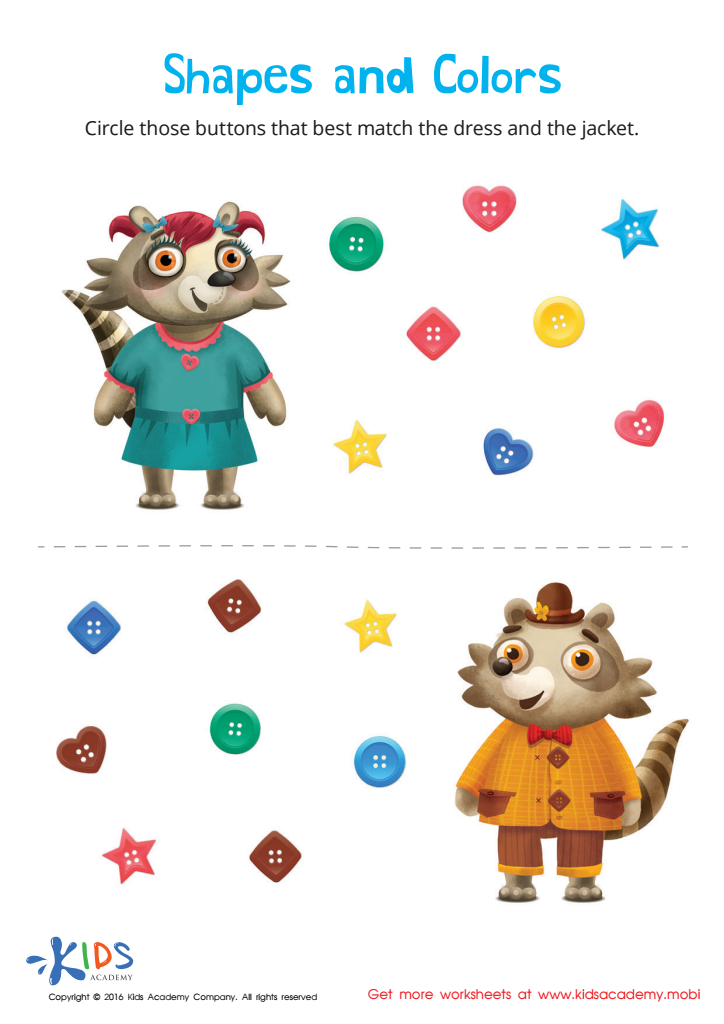

Matching: Shapes and Colors Worksheet
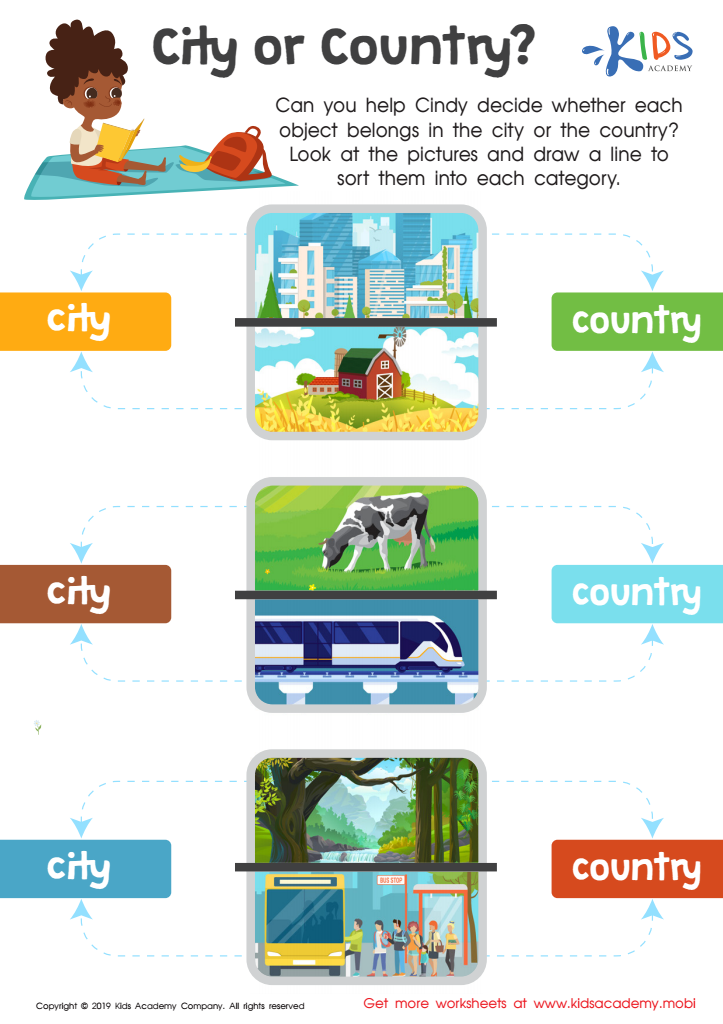

City or Country? Worksheet
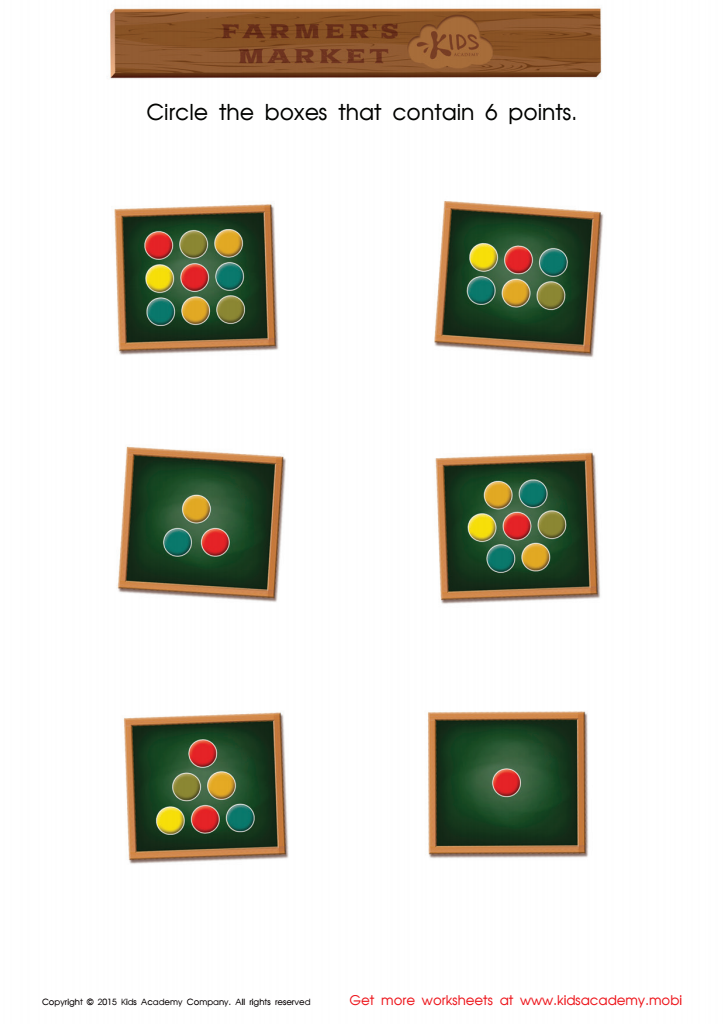

Count and Match Points 6 Math Worksheet
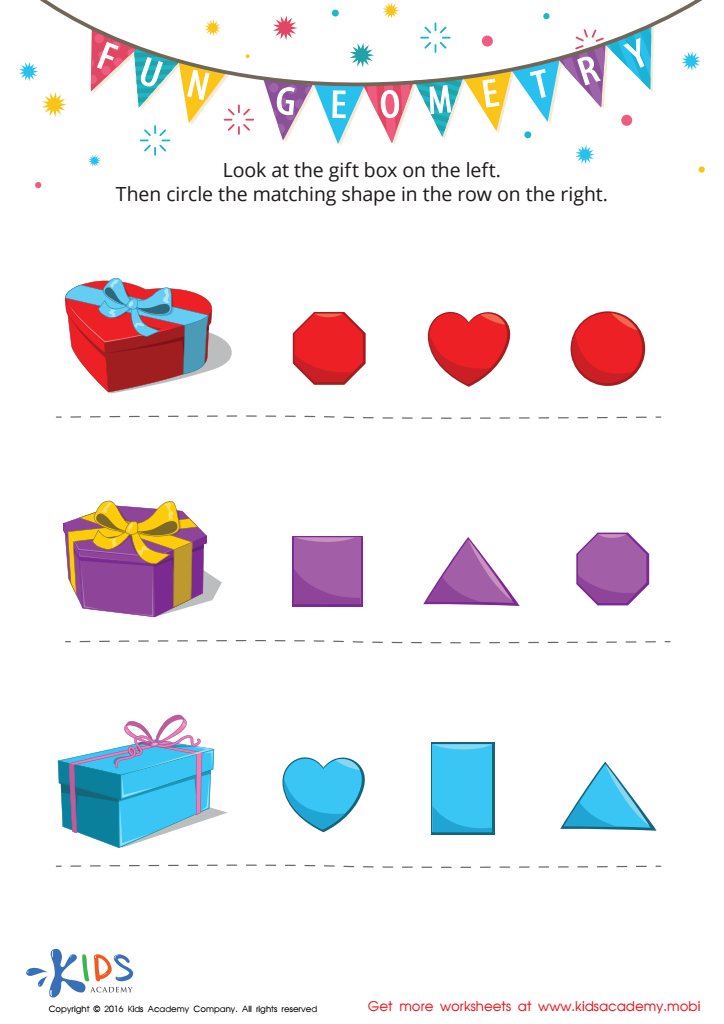

Fun Geometry Worksheet
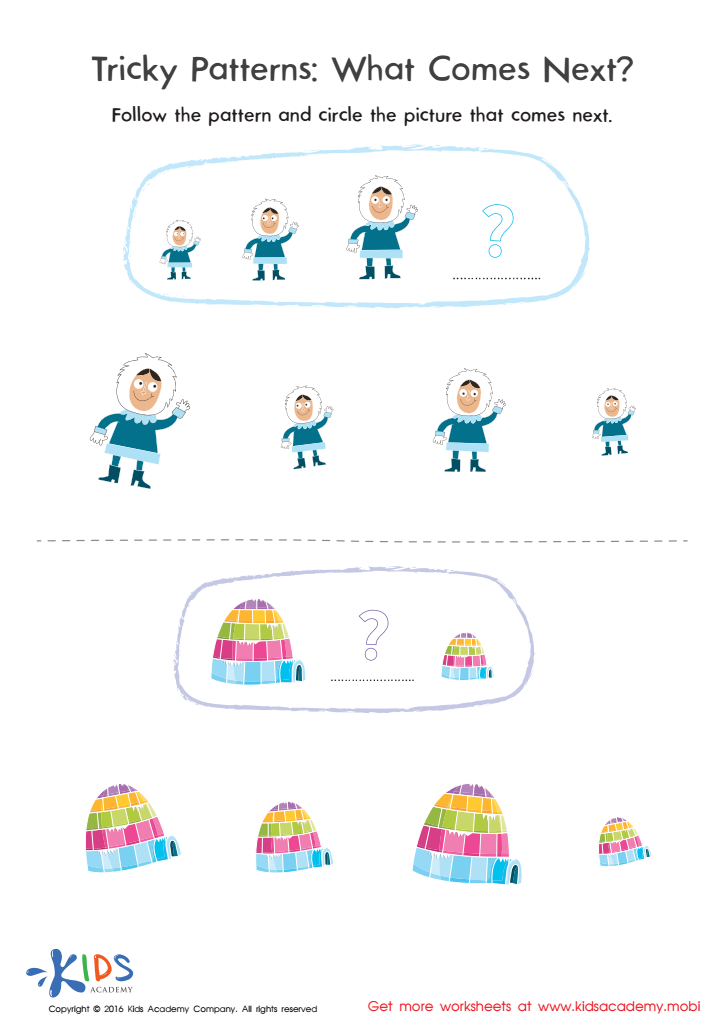

Tricky Patterns Size Worksheet


Fairy Tale Worksheet: Count and Classify with Rapunzel
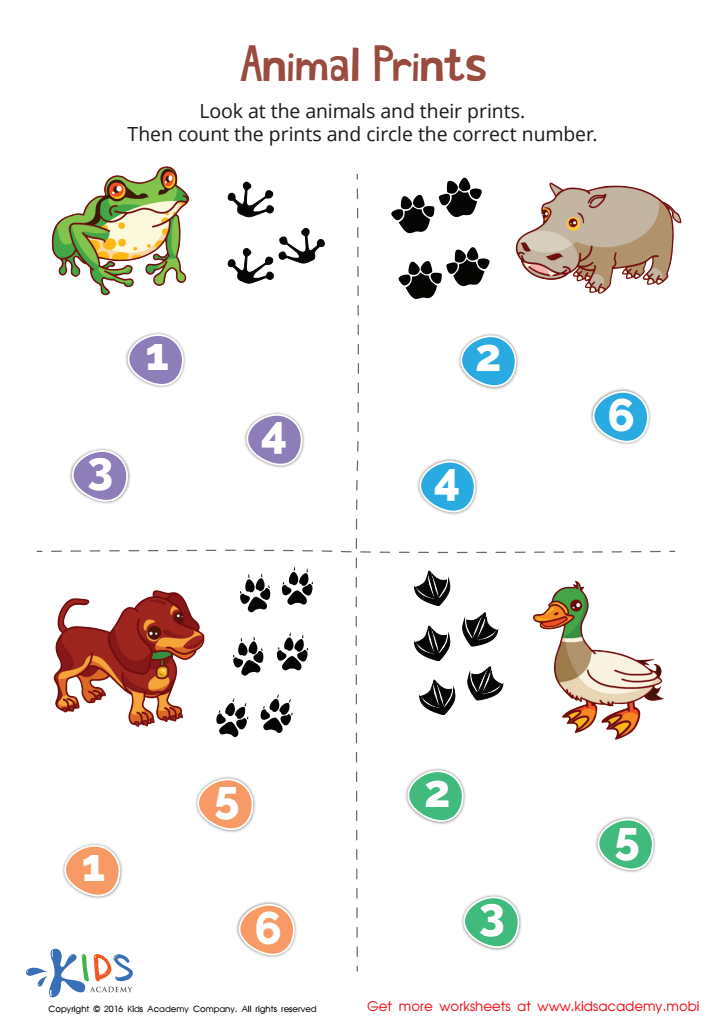

Animal Prints Match-Up Worksheet
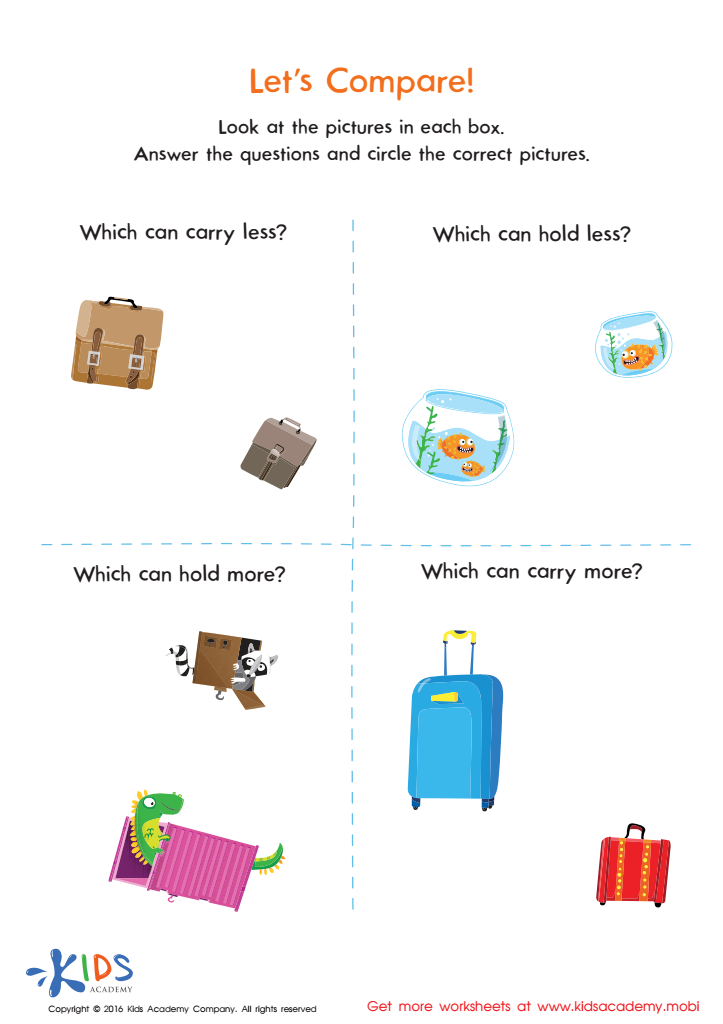

Let's Compare Worksheet: Big or Small
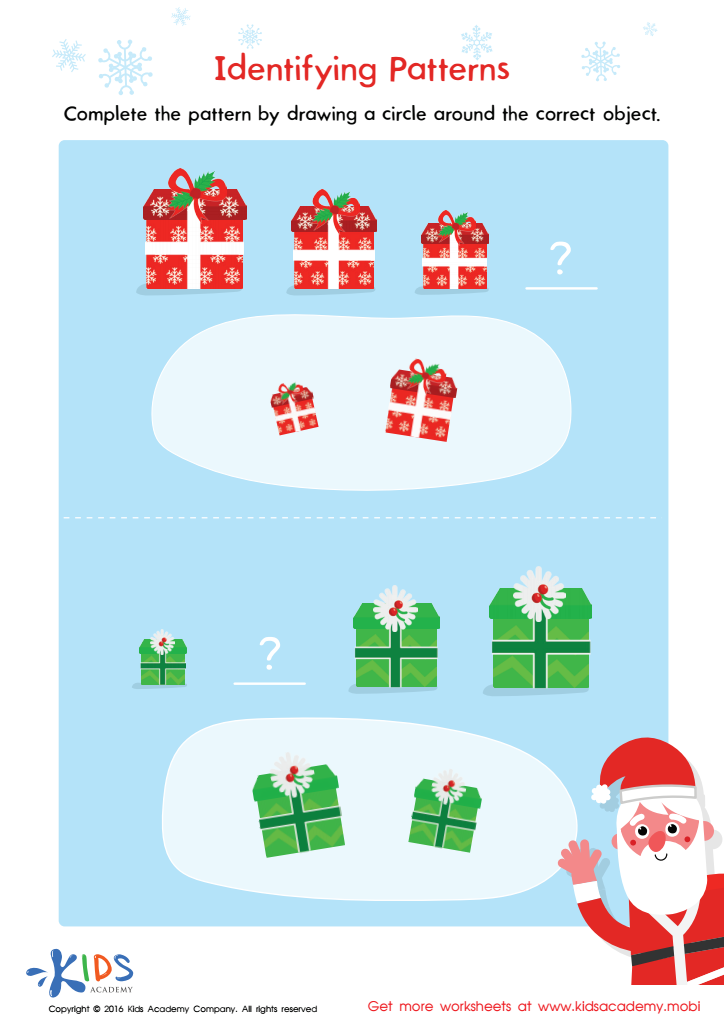

Identifying Patterns Worksheet
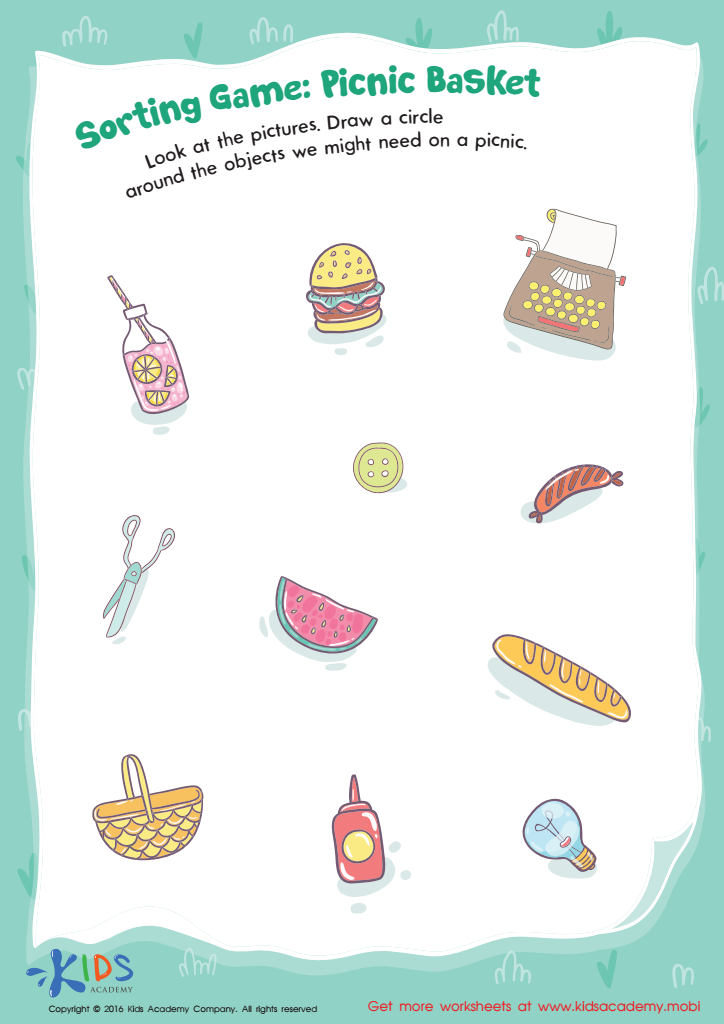

Picnic Basket Sorting Worksheet
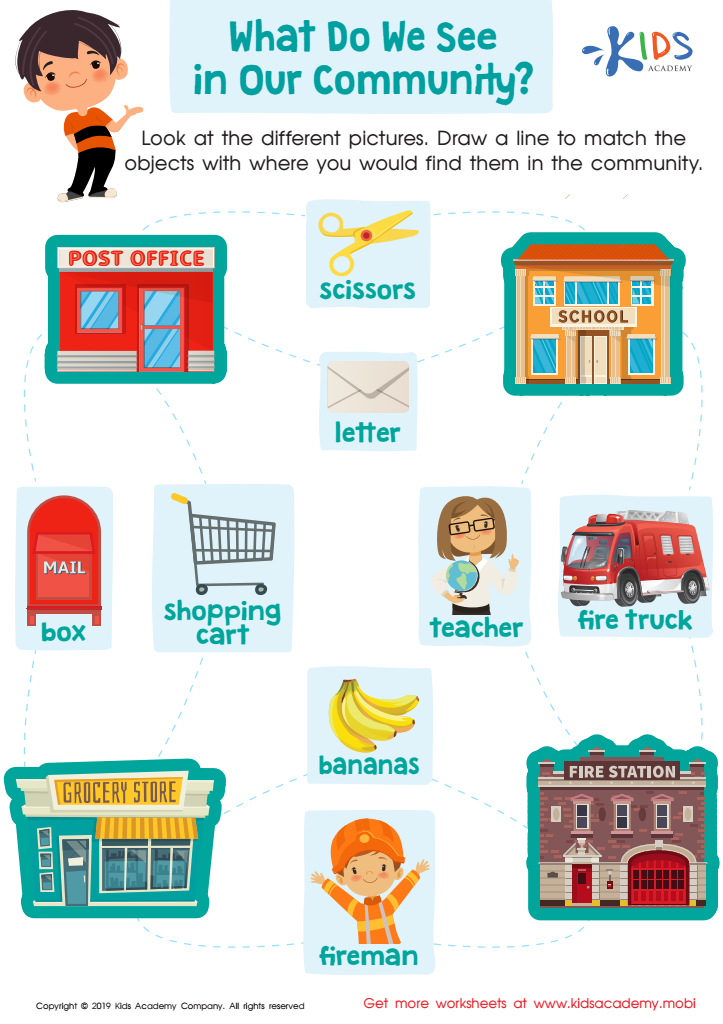

What Do We See in our Community? Worksheet
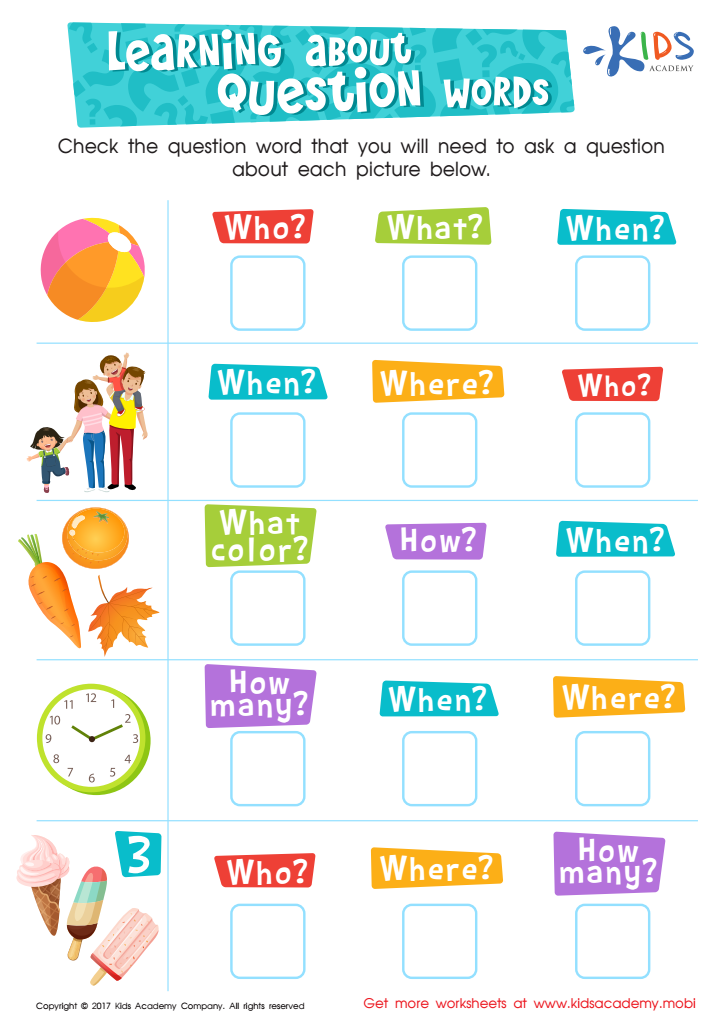

Learning about Question Words Worksheet
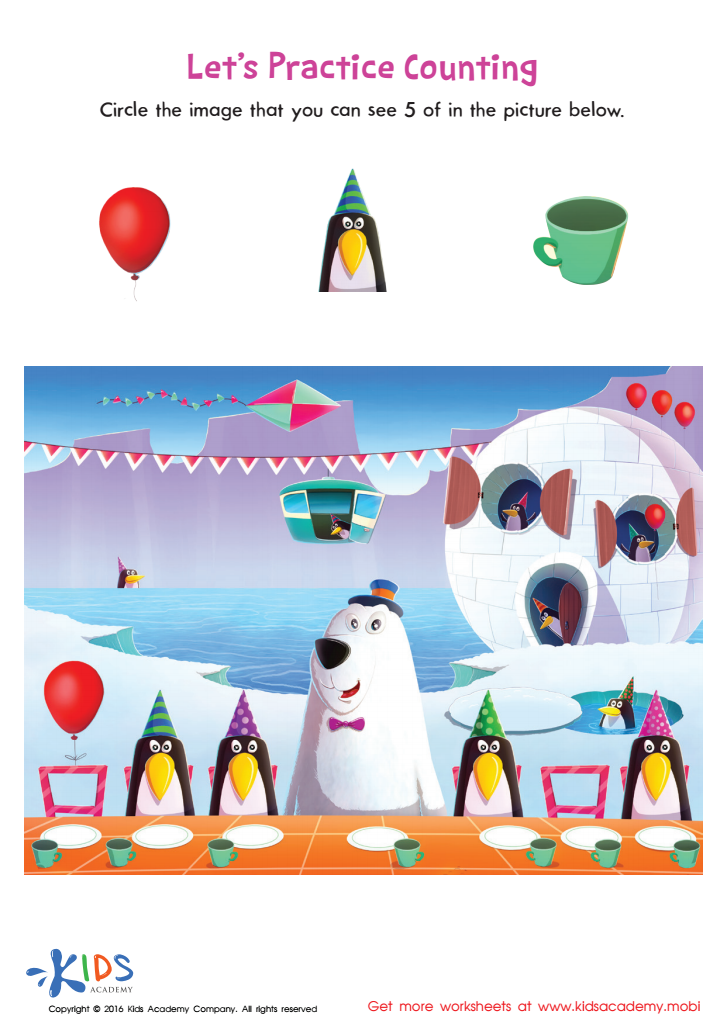

Counting Worksheet: Let's Practice Counting
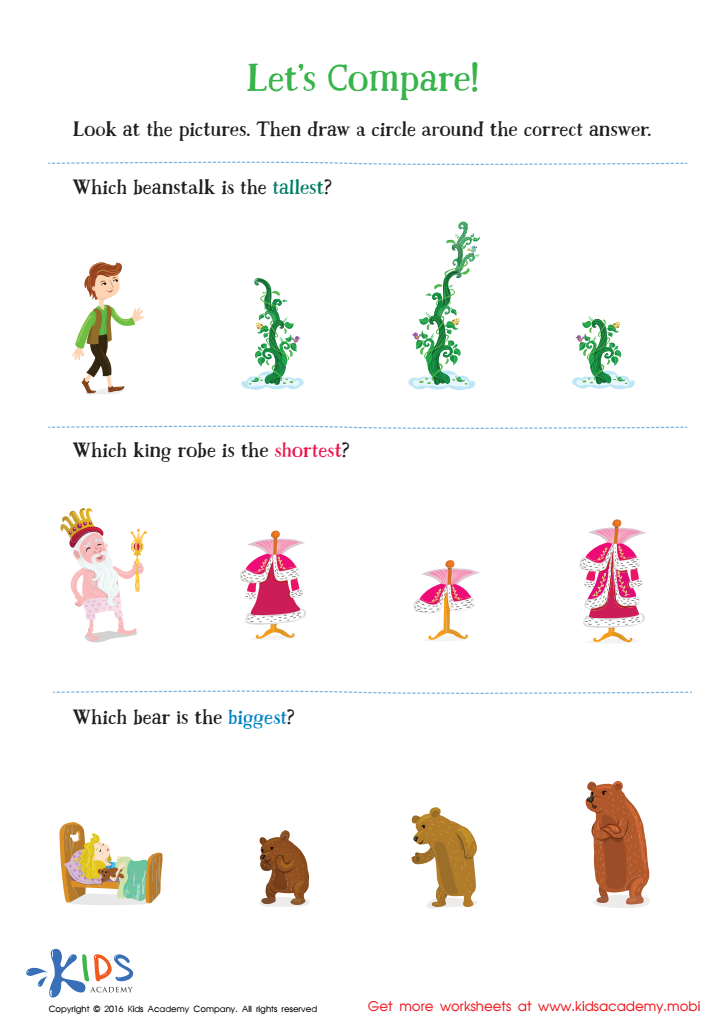

Fairy Tale Worksheet: Let's Compare
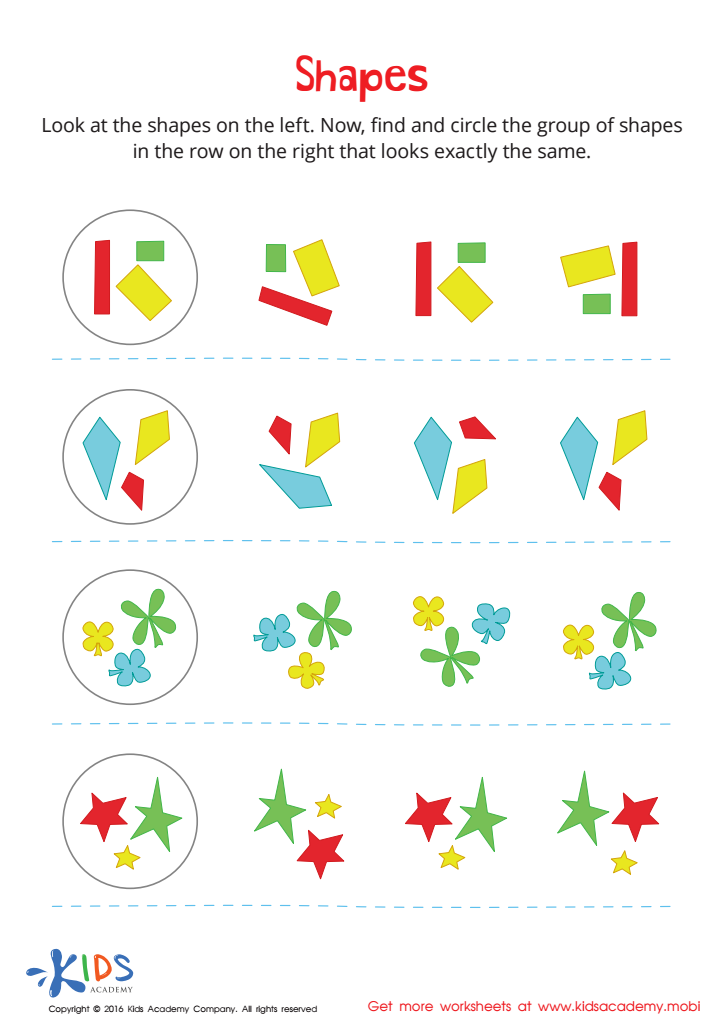

Shapes Worksheet
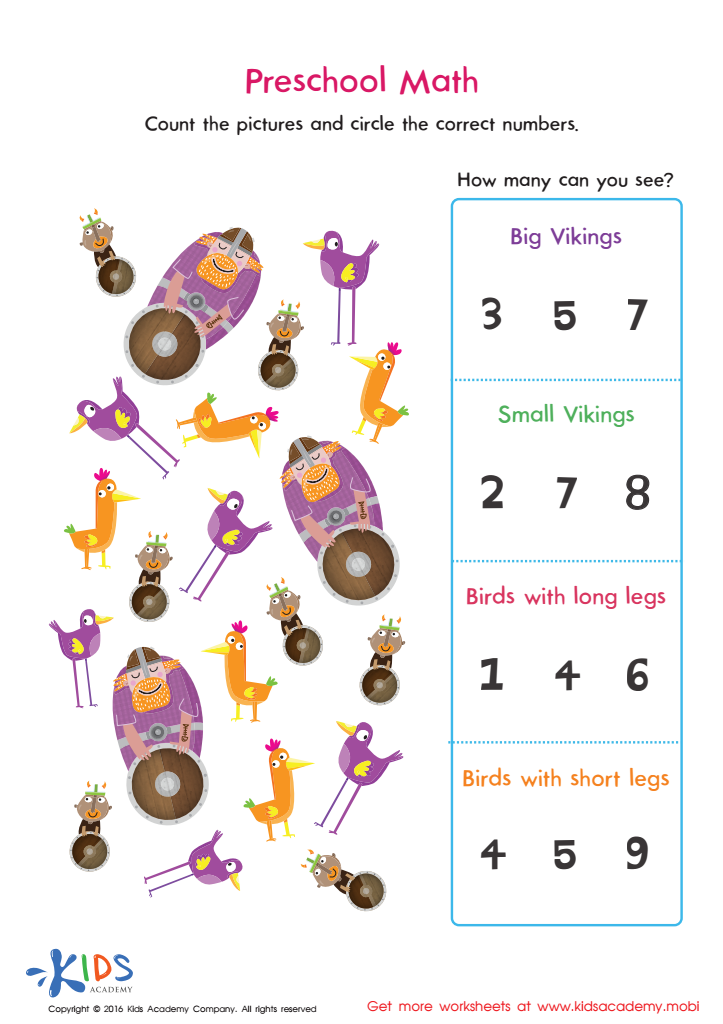

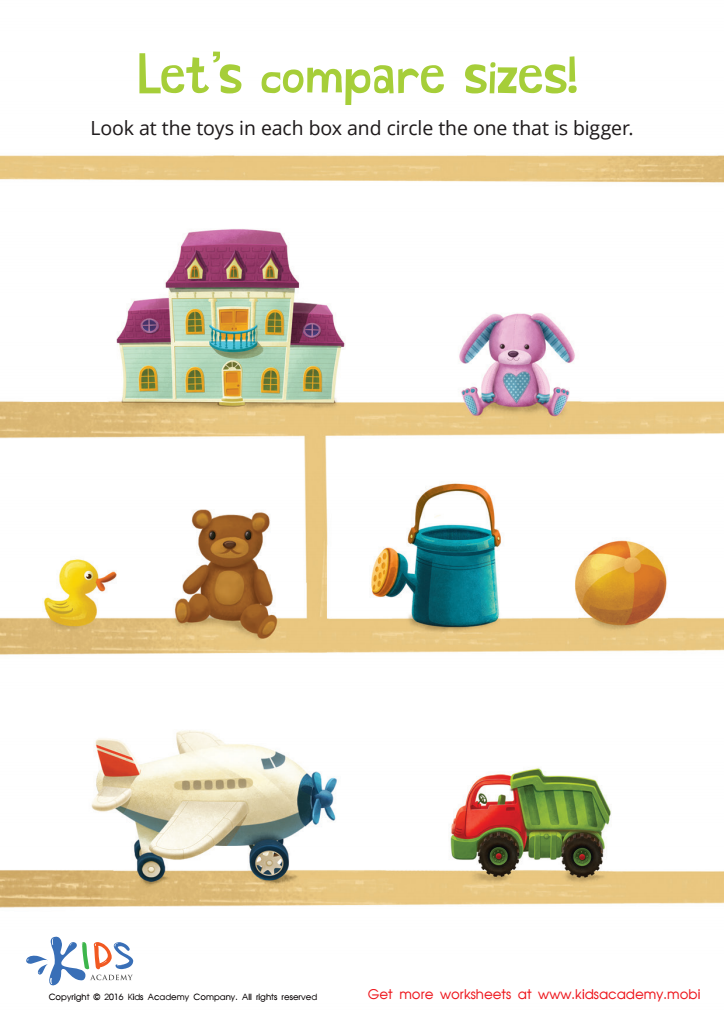

Classifying by Size Sorting Worksheet
Extra Challenge Logical Thinking worksheets activities for Kindergarten represent a uniquely beneficial educational tool designed to support the developmental phase of young learners. At this crucial stage, children are just beginning to navigate the world around them, making it the perfect time to introduce exercises that sharpen their logical thinking and reasoning skills. These worksheets are created with this pivotal age group in mind, ensuring that the challenges are both age-appropriate and engaging.
Incorporating Extra Challenge Logical Thinking worksheets into a Kindergartener's learning routine can have a profound impact on their cognitive development. These activities are meticulously crafted to stimulate a child's problem-solving abilities, encouraging them to make connections and recognize patterns. This not only enhances their logical thinking but also significantly contributes to their overall academic readiness. As children engage with these worksheets, they learn to approach problems systematically, a skill that is invaluable not just in mathematics, but across all educational disciplines.
Moreover, the Extra Challenge Logical Thinking worksheets for Kindergarten are designed to foster a love for learning from a young age. Through a series of fun and interactive challenges, children are introduced to the joy of solving puzzles and the satisfaction that comes with overcoming obstacles. This positive early experience with learning cultivates a mindset of perseverance and curiosity, traits that are essential for lifelong success.
Another key advantage of these worksheets is their ability to cater to children with varying levels of ability. For those who are ready to push beyond the basic curriculum, the Extra Challenge activities provide an excellent opportunity for enrichment. They ensure that every child is sufficiently challenged, preventing boredom and promoting continuous intellectual growth.
In summary, Extra Challenge Logical Thinking worksheets activities for Kindergarten are not only an essential tool for developing critical thinking and problem-solving skills but also play a significant role in nurturing a positive attitude towards learning. By integrating these activities into the educational journey of young learners, we lay the groundwork for their academic success and personal development.

 Assign to the classroom
Assign to the classroom
